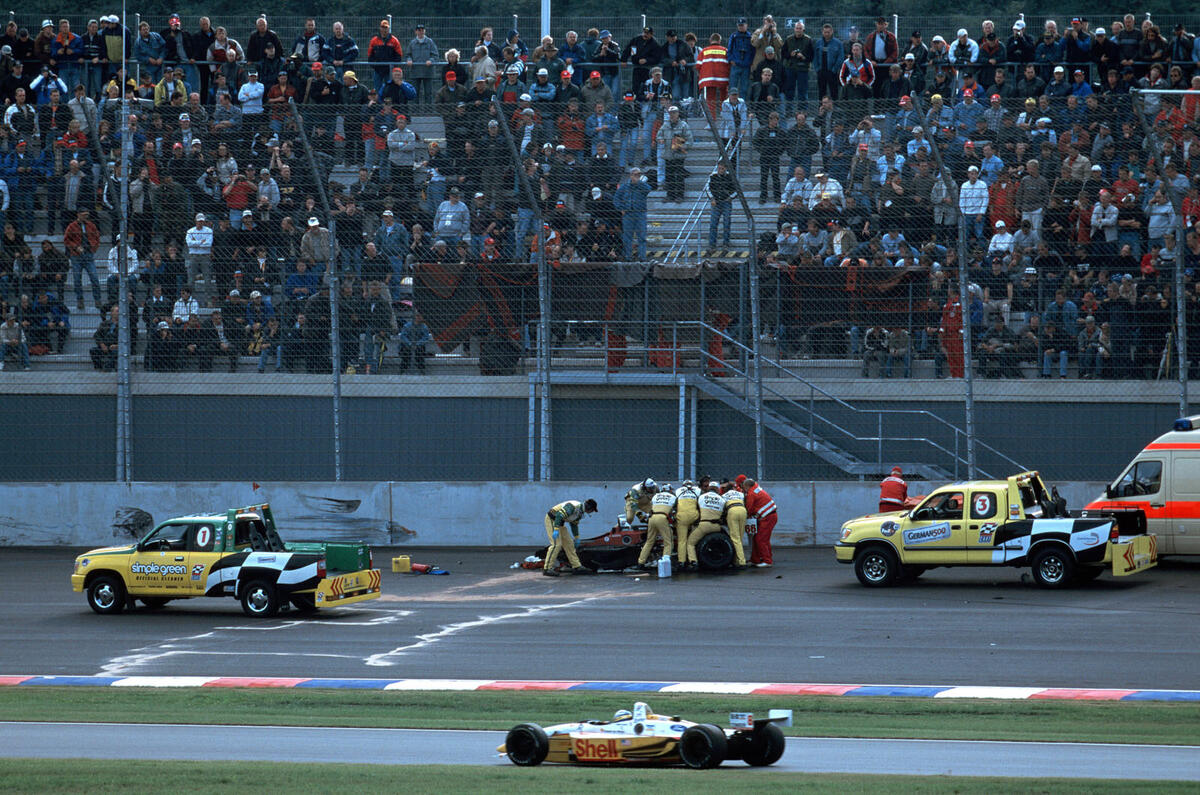“I didn’t know then how little I knew,” says Dr Steve Olvey when reflecting on his early years in racing. It’s all too easy to slide on the rose-tinted specs when reflecting on ‘the good old days’, but when you were Indycar’s dedicated doctor for three decades and lived with the brutal consequences of US oval racing, your vision’s hue tends to be a little darker.
Rapid Response is a new feature-length documentary based on his memoir of a life spent in the medical frontline of US single-seater racing – and it’s gruesome. The subject matter – how a sport faced up and dealt with a driver mortality rate comparable to soldiers in war – doesn’t really account for what might be considered good taste, and the film’s archive footage drawn from six decades leaves nothing to the imagination.
But the approach is not ‘sensationalist’. Instead, the film soberly presents the cold reality of racing at 200mph-plus on ovals bordered by concrete walls, in cars that offered little to protect the human within, through the eyes of those who dealt with the horror when things went wrong. To do that, the film makers had to show just how cruel the sport could be. It’s honest – perhaps too much for some.
For UK audiences, Dr Olvey is best described as Indycar’s version of Formula 1 legend Professor Sid Watkins: a lifelong fan who dedicated his medical expertise to change racing for the better. And like ‘Prof’, the contribution he and others such as orthopaedic surgeon Dr Terry Trammell made to their sport cannot be over-estimated. They achieved and changed more than any driver, team owner or race promoter.
Dr Olvey’s story precedes Prof’s involvement in F1, then runs directly in parallel from the 1970s. Both battled the old attitude that motor racing was simply dangerous, that death was an accepted price – and that safety was a dirty word. Both also faced opposition from circuit owners and race promoters to accept proper, common standards of medical care at every race track. Their research into injuries even directly influenced the design of the carbonfibre wonders that are today’s single-seaters.





Add your comment